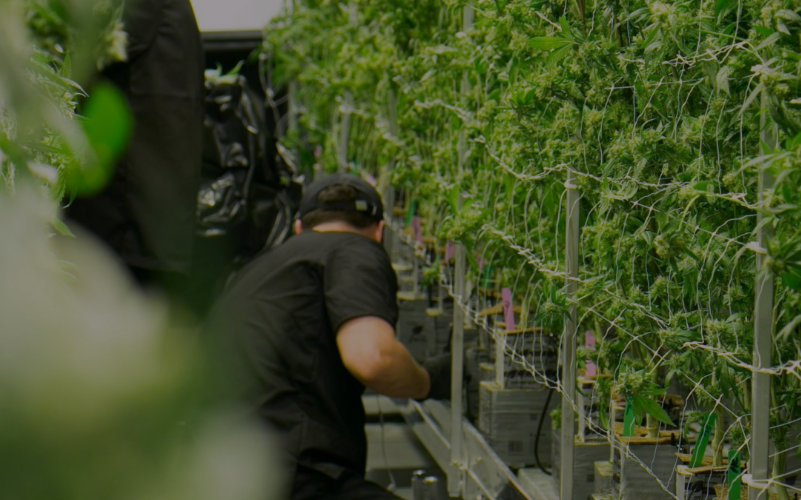You are here
Home 🌿 Recreational Marijuana News 🌿 Cannabis crisis in Canada as marijuana shortage looms with just weeks to go before legal sales set to begin 🌿Cannabis crisis in Canada as marijuana shortage looms with just weeks to go before legal sales set to begin

Canadian think-tank the C.D. Howe Institute prepared a report stating that at current levels the country’s legal cannabis supply will only meet roughly 30 to 60 percent of demand following the start of recreational sales later this month. The report, which is set to be published soon estimates that Canadians will expect to purchase upwards of 610.6 metric tons of cannabis, with the total made available in the fourth quarter by the country’s Licensed Producers coming somewhere closer to 146.13 metric tons.
As first reported in the Financial Post, the report goes on to say that by the end of the first year of cannabis legalization, that number will only go up to 210 metric tons. The report, which is to be released next week, counts 97 Licensed Producers for the fourth quarter, with expectations that the number will rise to 144 by the third quarter of 2019.
“The important policy conclusion is that there will not be enough legal supply, especially during the first half of the year following legalization, primarily because of the slow rate of licensing producers,” wrote University of Waterloo economics professor Anindya Sen and C.D. Howe policy analyst Rosalie Wyonch, according to the Financial Post.
Although legal cannabis is expected to be a $4 billion industry in Canada, that number only represents half of the market, according to a recent analysis from Deloitte. Black market marijuana sales should continue to attract a decent amount of customers, bringing the total market size to over $7 billion.
More importantly, for government officials, a cannabis shortage means fewer tax dollars on the back-end. The Financial Post writes that according to the report, a fully-taxed legal cannabis market in Canada would bring in $1.3 billion. However, according to the authors, government officials are looking at more like $490 million. In fact, the authors state that the black market will continue to thrive as long as taxes and supply shortages drive consumers away from legal sales.
“Our results show that both pricing and supply shortages will contribute to maintaining the black market,” the report said, according to the Financial Post. “Resulting in lost tax revenues and a continued need to spend significant resources on law enforcement activities related to the market.”
Defeating the black market with edibles
In a related report, Wyonch also noted that Health Canada should, as a priority regulate the sale and distribution of cannabis edibles and marijuana concentrates as part of the effort to stamp out illegal sales. According to survey results in Canada, 28 percent of cannabis users prefer edibles, while 30 percent prefer some kind of oil or concentrate product. Wyonch expects those consumer to head straight to the black should legal storefront not fulfill their needs.
Black market sales pose a greater risk to public health, as neither potency information is available nor is there a guarantee of safety protocols used in extracting concentrates. These products, according to Wynoch carry no health warning and have no child-proof containers.
The report concludes with the example of Colorado, which placed certain limitations on their edible products following a spate of overdose problems in the state.
“If the legal market is to be competitive, the federal government should not allow continued prohibition of the retail of cannabis-derived products,” writes Wynoch.
420 Intel is Your Source for Marijuana News
420 Intel Canada is your leading news source for the Canadian cannabis industry. Get the latest updates on Canadian cannabis stocks and developments on how Canada continues to be a major player in the worldwide recreational and medical cannabis industry.
420 Intel Canada is the Canadian Industry news outlet that will keep you updated on how these Canadian developments in recreational and medical marijuana will impact the country and the world. Our commitment is to bring you the most important cannabis news stories from across Canada every day of the week.
Marijuana industry news is a constant endeavor with new developments each day. For marijuana news across the True North, 420 Intel Canada promises to bring you quality, Canadian, cannabis industry news.
You can get 420 Intel news delivered directly to your inbox by signing up for our daily marijuana news, ensuring you’re always kept up to date on the ever-changing cannabis industry. To stay even better informed about marijuana legalization news follow us on Twitter, Facebook and LinkedIn.




